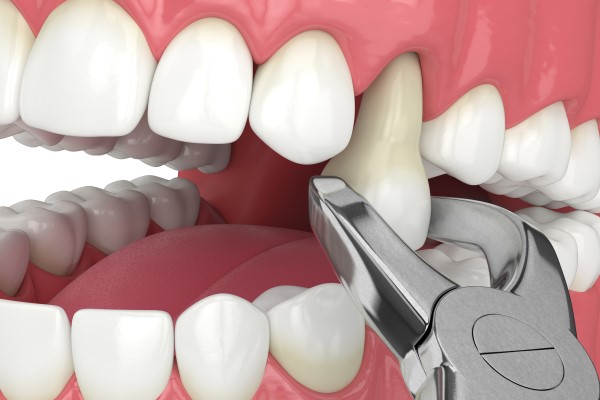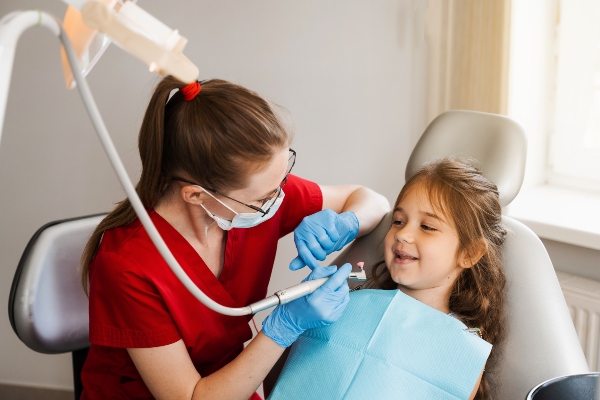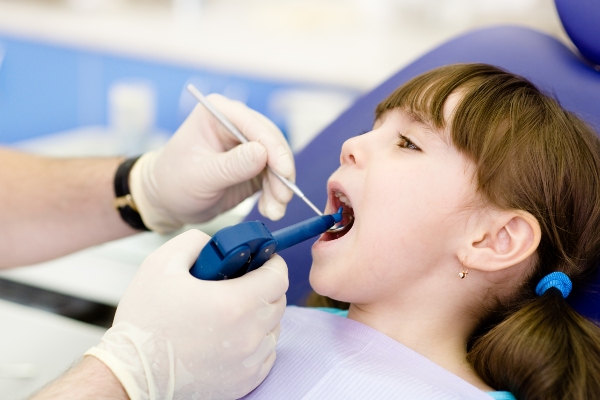Reasons for Pediatric Tooth Extractions
Baby tooth extractions, also known as pediatric tooth extractions are when a primary tooth is surgically removed. When a child's tooth is injured due to an injury, disease, or serious tooth cavity, tooth extraction is usually necessary. This is one of the most popular treatments in pediatric dentistry. Since the front teeth have a single root as opposed to the multiple roots in molars, they are easier to remove. Baby molars are often more commonly removed because they are vulnerable to decay.
The reasons for pediatric tooth extraction
The following are some of the most common reasons for pediatric tooth extractions:
Tooth decay
Tooth decay is common in primary teeth and often necessitates extractions. Cavities typically develop on a child's molars due to the fragility of infant tooth enamel. Furthermore, children frequently do not exercise proper dental hygiene, leaving their teeth more susceptible to decay.
Untreated tooth decay in children can progress to more serious oral health problems and illnesses. When a baby tooth becomes infected, bacteria can spread to neighboring teeth, negatively impacting developing adult teeth. Adult teeth can shift into the available space at the extraction site if a primary tooth is extracted due to severe decay, resulting in crooked or crowded teeth.
Gum disease
Gingivitis is a condition in which the gingival tissues become inflamed. Gum tissue can bleed, redden, and swell due to this condition. Pediatric periodontal disease in children might develop if gingivitis is not addressed. The gums and jawbone can also be affected by gum disease. In extreme situations, loose teeth, receding gums, and significant bleeding can occur. If the teeth do not fall out on their own, pediatric tooth extractions are usually required.
Injury or Trauma
Trauma or injury to a child's primary teeth, such as accidents, falls, or failed dental restorations, can cause damages. Pain and heightened sensitivity are frequent indications of a chipped, broken, or detached baby tooth.
Pediatric pulp treatment (baby root canal) or a full-coverage crown may salvage the tooth, depending on the severity of the injury. The tooth must often be extracted and replaced with a space maintainer until the adult tooth emerges.
Impacted wisdom teeth
Impacted wisdom teeth are third molars that have partially grown in or become lodged underneath the gums. In this situation, pediatric dentists recommend extractions to prevent the risk of disease and jaw misalignment.
If a child exhibits early indications of an impacted tooth or teeth at a young age, the teeth are frequently removed to avoid future oral health issues like gum disease, cavities, and root resorption.
Orthodontic treatment
Over-retained baby teeth first become loose then get tightened in the gums, inhibiting the emergence of permanent teeth. Dentists often suggest the extraction of these teeth to allow for the normal eruption of adult teeth. Dental crowding occurs if the primary teeth are not removed, which is a situation in which there is insufficient space on the jaw to accommodate every tooth.
In summary
If you believe your child needs pediatric tooth extractions, make an appointment with the dentist to learn about your choices.
Request an appointment here: https://www.hvkidsmiles.com or call Hudson Valley Pediatric Dentistry at (845) 363-4177 for an appointment in our Middletown office.
Check out what others are saying about our services on Yelp: Read our Yelp reviews.
Recent Posts
Cavities are a common dental health issue, and as kids learn to care for their teeth, they are often more prone to developing them. Dental fillings for kids can help avoid future oral health complications and protect their young smiles. Here are the basics of the treatment process that you should know as a parent…
Curious about dental fillings for kids? Read on to learn more. As your kid ages, you most likely have many questions about their overall health. Questions like "Are dental fillings for kids necessary?" or "What happens to baby teeth with nontreated cavities?" These are crucial questions to think about, and this article addresses them so…
Lip tie laser surgery can sound like a modern, gentler option, while a scissor frenectomy often feels simpler and more familiar. Both approaches aim to release a restrictive upper labial frenulum when symptoms and clinical findings support treatment. A pediatric dental evaluation should focus on function first, since many frenula look prominent but cause no…
Pediatric dentistry can help new parents care for their baby’s first teeth. Starting early with your baby’s oral hygiene means cleaning your child’s gums before the teeth erupt. This helps your baby get used to mouth cleaning. If you want to learn how to care for your baby’s first teeth, here are four pediatric dentistry…


